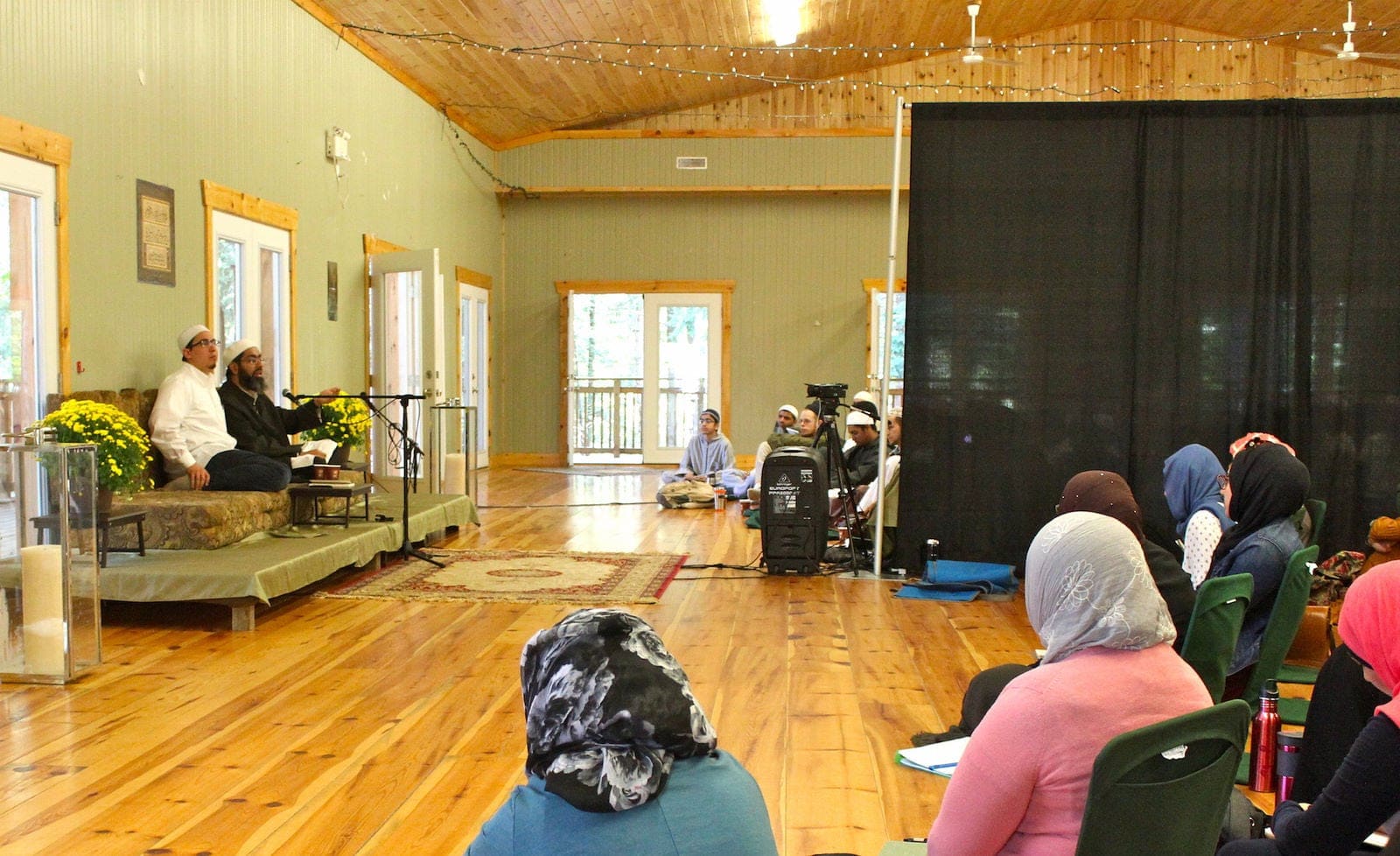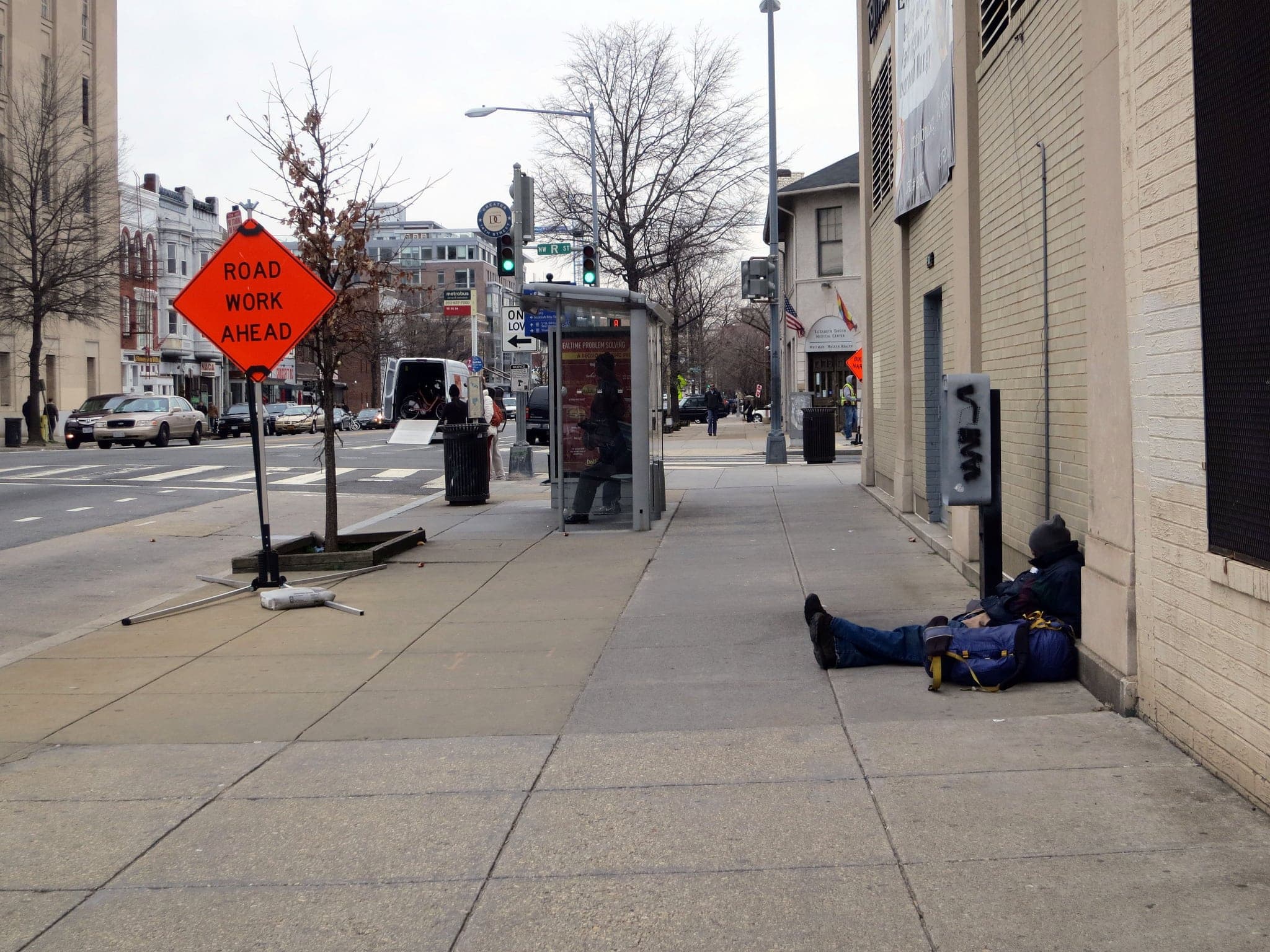Coffee, Worship and the Meaning of Life
If I ever shied away from coffee for worldly reasons, I embraced it for spiritual reasons, never realizing that it would point me to the meaning of life.
“The first time that you drink coffee because of caffeine, it’s slightly euphoric.”said Shaykh Yahya Rhodus. I distinctly remembered the first time I drank coffee. I’d never liked the taste before, and, for some reason, was always proud that I was a tea-drinker rather than a coffee drinker.
I distinctly remember the pre-dawn atmosphere during last year’s SeekersRetreat. We stumbled to the hall alongside immense pine trees that blended with the darkness of the lake, lapping away in the cool blue darkness. The hall was emulating both physical and spiritual light to the whole campsite. It was a feeling I could never describe properly, with so many other Muslims reciting the Wird al-Latif with Ustadh Amjad Tarsin, chaplain at the University of Toronto. It was like getting light beamed straight to my heart.
Light or not, I was still exhausted. Having a history of succumbing to physical upheaval at instances of disturbed sleep patterns, changed day scheduled, and diet changes, I wasn’t feeling my best physically, was feeling exhausted and sick physically and was afraid that I’d have to sit out on a session or two for fear of falling asleep during class, displaying atrocious adab and thereby slamming more than a few metaphysical doors against myself.
My only solution was coffee. Hesitantly, I approached the percolator, poured myself a cup, drowned it in sugar and cream, and braced myself for the impact.

To my surprise, it wasn’t bad. Not only that, it was like my body was getting poured with energy. My drowsiness and the accompanying dull headache began to slowly fade away. Not only that, but another rigorous day of classes seemed actually possible.
Back then, I didn’t know what markahah was, but this was my first taste of it.
Worship, Coffee, and the Meaning of Life
“The smallest of things have great meaning.” Shaykh Faraz Rabbani introduced the seminar, held at the new location of SeekersGuidance Toronto.
That explained a lot, as I was wondering about the connection between coffee and the meaning of life. After the retreat ended and my first semester of college had begun, I’d grown used to the many uses of coffee in an academic setting: as a wake-me-up before early classes, an appetite suppressant during the later ones, as a treat after exams.
But then I began my internship and went from purchasing my coffee from the campus’s Tim Hortons, to getting it from a non-profit affordable café in one of the sketchier, downtown parts of a Canadian city close to my new office.
I still didn’t really know good coffee from bad, but all of a sudden, removed from the company of generally well-to-do, educated people on campus, and instead forced to stand in a line with the poverty-stricken, the homeless, the fragments of broken families, not to mention a fair few drug dealers and gang members, made me think.
Was it really about coffee? What about the world around me, and the pain that flowed through it? Was there any way to connect them?
And most importantly, what was I supposed to do about it?
Coffee: A Spiritual Ritual
Shaykh Yahya Rhodus began the seminar speaking first a little bit about the origins of coffee in Yemen, and how it spread through the regions to become a part of spiritual tradition. For example, there would be duaas composed, to be recited while preparing coffee. These duaas would include prayers for not just the ones who had grown the coffee, the ones who would drink the coffee, and the ones living in Yemen, but extended to include all the Muslims throughout time. This way, a mundane and everyday task-making coffee-became a spiritual connection to Allah, His Messenger, and all of humanity.
Coffee was used as a substance to help with worship, when people’s aspirations were low. Coffee was considered a blessing, he continued, because it was served to the people who would wake up a couple hours before Fajr to pray Tahajjud, causing Imam al-Haddad to say that Shaitaan would run away when the coffee cups started to jingle in the morning, because it meant that the people would be energized by it and not as easy to tempt.
It was the quality that these people had, that made something as simple as coffee, into a spiritual experience. By taking something seemingly mundane casual, and linking it to prayers and worship, it made the action all the more meaningful, on a wordly and spiritual level.
For me, things were slowly beginning to make sense.
Coffee and Politics
The next session was given by Sidi Abdul Rahman Malik, currently a journalist with the BBC and Global Programs Director for SeekersGuidance.
“A lot of us are searching for markahah, the euphoric, sprightliness that we get from coffee.”
While tea was a strong part of his home life growing up, it was coffee that was considered something to have when outside of the house, during an outing or get-together. This made drinking coffee an occasion rather than a casual thing, something attributed to gathering and spending time with others.
This was part of the reason, he said, that coffee was banned in the 15th century in the Arabian Peninsula, and again in Cairo during the Mamluk dynasty, because it encouraged people to engage with each other, share ideas, and converse actively, thereby creating a potential for political rebellion.
So coffee had come from a simple drink to fuel for revolution.
Coffee, Consumerism, and a Believer’s Ethical Concern
But how did coffee connect to the meaning of life?
The seminar turned serious as Shaykh Faraz gave us a reality check.
“Who is selling us the coffee? What conditions do they harvest it? How much are the workers paid? Who cares? A believer cares!”
He went on to remind us that much of the modern consumer culture was creating a massive effect of horror and pain around the world.
Many of us choose to turn a blind eye at the companies using our desire for a constant stream of new clothing, exotic foods, and the latest technology gadgets, profiting off the blood, sweat, and tears of the grossly underpaid workers procured to service them. Not only that, but multinational companies often destroy poorer countries’ industries that are run at the local level. He gave the example of Nestle, which destroyed Pakistan’s milk industry. Using their multi-billion dollar funds, they were able to invest in advertising, as well as offer their products at a much lower cost than the locals did. When they had monopolized the industry and ousted the local farmers and shopkeepers, they raised their prices much higher—and left a country dependent on outsourcing its dairy from Nestle.
This is only one of countless parts of their lives that a believer needs to be careful about. From sweatshop clothing producers to smartphone-and-tablet factories, we need to look beyond these seemingly everyday choices, and make an effort to seek Allah in them.
“Our ethical concern isn’t just because we’re a bunch of hippies. Buy things that you know are pleasing to Allah.”
Even if it made things a little more complicated and expensive, that could be solved by simply training the self to desire less.
“Make those choices meaningful, you’ll find meaning in it.”
In essence, meaning is what we all are searching for. Consumerism is just us getting sidetracked.
From the Mundane to the Experiential
Shaykh Yahya’s second session tied everything together perfectly.
“Make the mundane spiritual, you will have a constant experience with the Divine.”
He referenced Imam Ghazali’s book The Beginning of Guidance, which outlines how to live one’s life as productively as possible, fulfilling all one’s obligations to the Creator and creation. The book contains a vast amount of duaas, for things as seemingly mundane as putting on clothes in the morning. When these duaas are repeated on a constant basis, he explained, they begin to have an immense effect of the heart in terms of connecting with the Divine. This runs counter-intuitively to our desires, as many of our egos dislike regulation and routine, and want to jump to the next interesting thing.
Again, it’s in connecting with the mundane, that you can begin to connect with the Creator.
Coffee, Clothing, Custom…and God
Whereas I can now say that I do have a better understanding of what coffee is (and also now cannot remember the last time I got it from Tim Hortons’), I now know that that’s not the point.
In everything, there is an opportunity to connect with Allah. While people look for some sort of a “spiritual buzz,” as the only sign of a strong connection, that can be misleading. The meaning is much, much deeper.
Tomorrow, next week, and next year, I hope that everything will have a deeper meaning. Not just coffee, but my entire life.

Now when I cradle a cup of coffee in my hands, I will remember to pray for the ones who grew it, the ones who harvested it, and the ones who prepared it. When I seek refuge in its warmth, I will remember the ones on the street with no shelter, and pray for them too. When unintelligible shouting meets my ears, when homeless teens look at me sideways from hollowed eyes, when refugee newcomers ask me if I can speak their language, when another drug deal or robbery happens a few feet away from me…
…maybe I will be able to dig deeper, and go from witnessing the mundane to witnessing the One.

